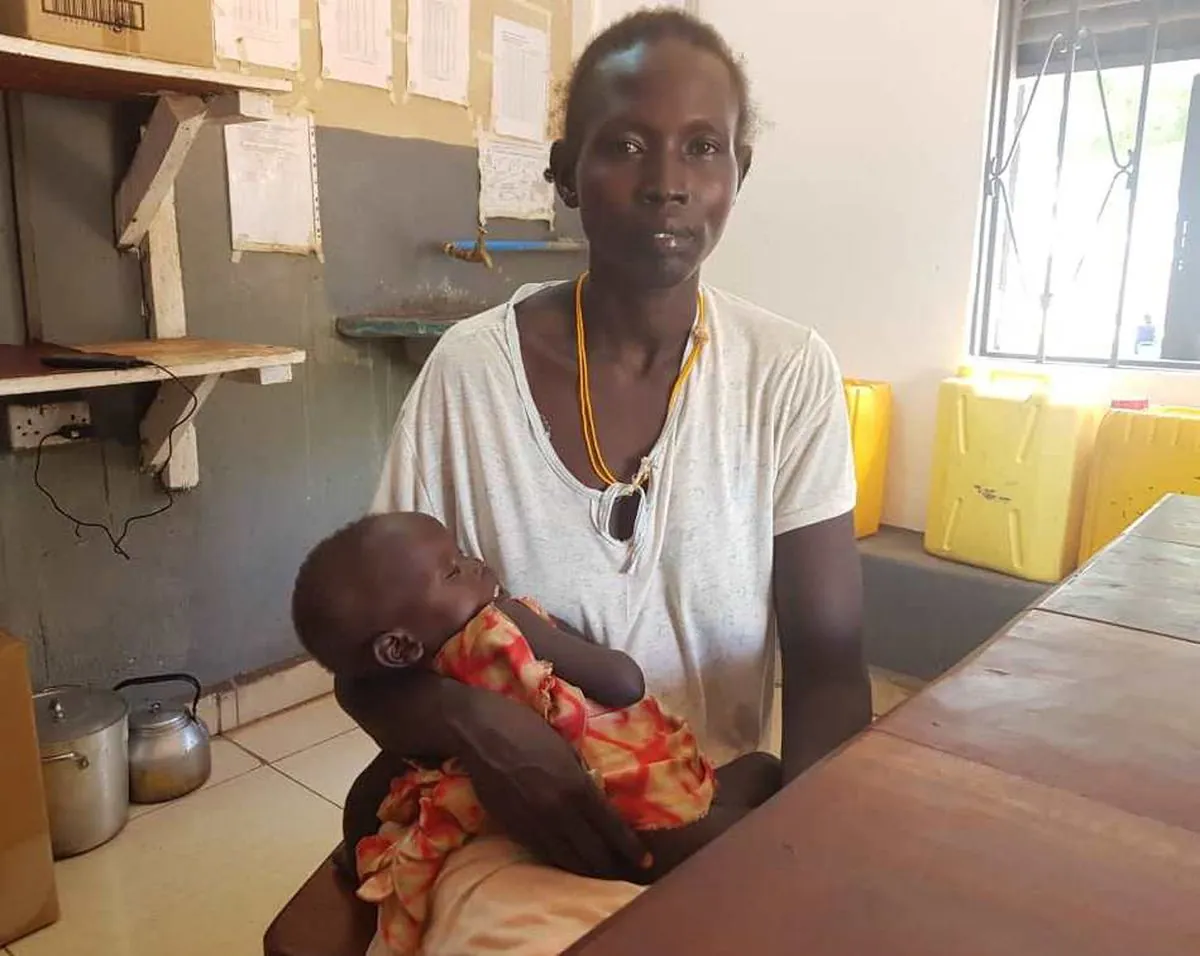In South Darfur, Sudan, a severe health crisis is unfolding, particularly affecting pregnant women, mothers, and newborns. Médecins Sans Frontières (MSF) has reported alarming rates of maternal and infant mortality, as well as widespread malnutrition among children.
The ongoing conflict between military factions, which erupted in April 2023, has exacerbated the already fragile healthcare situation in the region. MSF, an organization founded in 1971 by French doctors and journalists, has documented 46 maternal deaths and 48 newborn deaths from sepsis in two South Darfur hospitals between January and August 2024.
The crisis extends beyond mortality rates. In August 2024, MSF found that one-third of children under two years old screened in South Darfur were acutely malnourished, surpassing the World Health Organization's emergency threshold. More than 8% suffered from severe acute malnutrition, a condition that can lead to stunted growth and cognitive impairment.
Dr. Gillian Burkhardt, an MSF sexual and reproductive health manager in South Darfur, emphasized the gravity of the situation: "Multiple health emergencies are happening simultaneously with almost no international response from the U.N. and others. Newborn babies, pregnant women, and new mothers are dying in shocking numbers."
The conflict has forced many women to give birth in unsanitary conditions, lacking access to proper healthcare and medicine. This crisis is particularly acute in South Darfur, which hosts the highest number of displaced people in Sudan, according to the International Organization for Migration.
"The situation in South Darfur is a snapshot of what is likely unfolding at dreadful proportions across war-torn and isolated areas of Sudan."
The current crisis is part of a longer history of conflict in the region. The Darfur conflict began in 2003, resulting in hundreds of thousands of deaths and millions displaced. The area's complex ethnic composition, including both Arab and non-Arab groups, has contributed to the ongoing tensions.
Nyala, the capital of South Darfur and Sudan's second-largest city, fell under the control of the Rapid Support Forces (RSF) in October 2023. Once a hub for humanitarian aid, most organizations have now left the city, further compromising the delivery of essential services.
The broader context of Sudan's struggles cannot be overlooked. Since gaining independence from Anglo-Egyptian rule in 1956, the country has experienced multiple civil wars. The loss of significant oil revenue following South Sudan's independence in 2011 has further strained Sudan's economy, impacting its ability to provide basic services.
MSF has called on the United Nations to "act decisively to prevent further loss of life in Darfur." The UN, which hosted a ministerial meeting on September 25, 2024, to discuss the "cost of inaction" in Sudan, acknowledges that underfunding, insecurity, and restricted access have hampered aid efforts.
The conflict has displaced more than 10 million people, devastating much of the capital and triggering waves of ethnically-driven violence in Darfur. A global hunger monitor has confirmed famine in North Darfur's Zamzam camp for displaced people, with 13 other locations in Sudan at risk of famine.
As the international community grapples with this crisis, the urgent need for a coordinated and effective response becomes increasingly apparent. The situation in South Darfur serves as a stark reminder of the human cost of prolonged conflict and the critical importance of accessible healthcare in vulnerable regions.
